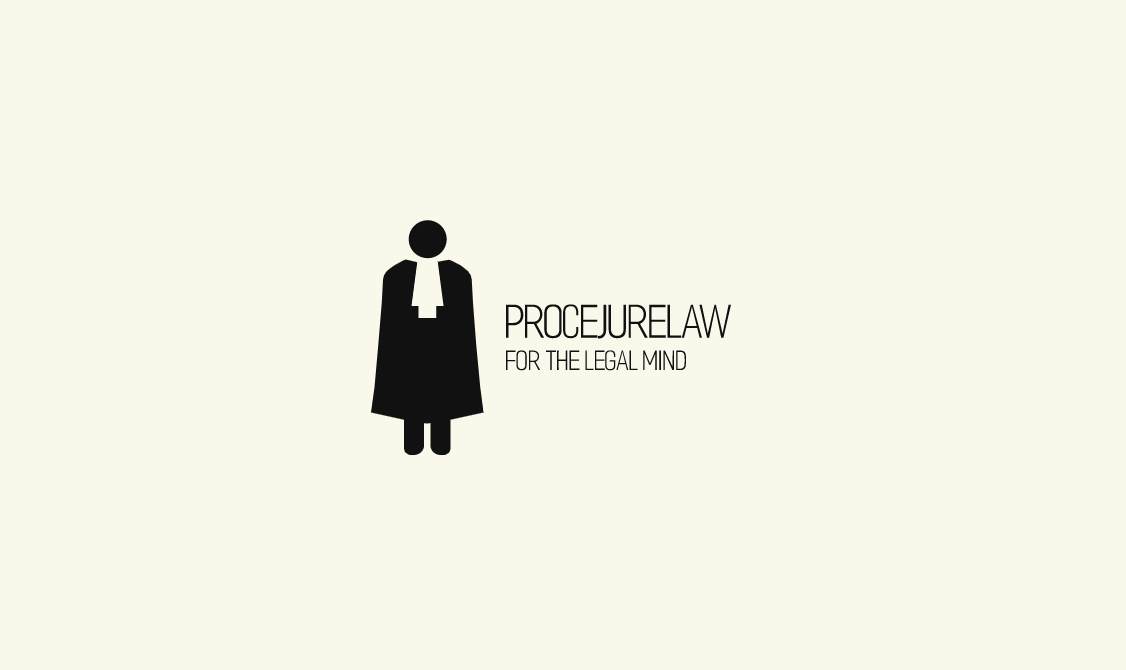We’ve all heard the saying by William Gladstone that ‘justice delayed is justice denied.’ This phrase can be better understood by the following example. Imagine a man being met with a car accident and needs first aid urgently, but as soon as he asks for help, people tell him that he has to wait for a week to receive it. Will that first aid be of any use to him? Well, the answer is no. The same goes for the legal system.
We all know how overburdened the judiciary of our nation is. Such overburdening by cases causes a delay in the process of getting justice. The case remains pending for generations and generations, and it takes years for people to get the justice they deserve.
Barriers
The backbone of the judiciary is broken in the courts of our country. We all know how the delay in justice is a big concern in the criminal justice system. There are many reasons which lead to such delay. The inadequate number of judges tops the list of these reasons. There is a single judge in India for lakhs of people. How can we expect the cases to be heard on time with such appallingly low number of judges? Another reason is unnecessary adjournments and the absence of either party that keeps stretching the case on and on. Then there are some faults in the administrative system that also results in delay. A high number of appeals and the abuse of Public Interest Litigation are other two factors.
Impact and Concern
The problem is not the existence of a delay in getting cases but the huge impact that this delay creates. These undue delays, often occasioned by judicial vacancies and improper case management, are burdening the system and frustrate the citizen’s hopes for effective redressal of their problems, thus shaking their faith in it.
We all know the nature of crime makes it crucial for the victim to get redressal for the same as soon as possible. However, looking back, there exists no example wherein a case was heard and the judgement was delivered on time. Lengthy court procedures and faults in administrative procedures cause unnecessary delay.
There are quite a few instances of a convict being punished but the outcome having no impact on the aggrieved. Delhi’s Uphaar Cinema case [1] can be cited as an example, where several people died due to suffocation caused by a fire in the theatre. The investigation concluded that the incident occurred due to the owner’s conduct. This incident took place in 1977 but justice was delivered by the Supreme Court only in 2018 – almost two long decades later.
The present scenario in context with Nirbhaya case
The unfortunate Nirbhaya case is one of the most heinous crimes, i.e. ‘rape’. The convicts of this case were hanged to death recently, but it took seven long years of hardship and pain to the family for fighting for justice. Can it be said that justice has been delivered?
It took the courts seven years to deliver justice for the Nirbhaya case, and this was after widespread media attention and citizen uproar. There exist countless cases still pending in courts today where the defendants try getting charges against them dismissed on trivial technicalities. These crimes may even be considered more barbaric, but lack media attention.
This case did not set the example it ought to. It is undeniable that justice was eventually served, but the fact of the matter is that during this time, the accused were not held accountable and could live freely.
India’s legal system is based on certain principles which include the right to be heard. The author believes the opportunity to defend should be provided to the accused, but only as a shield and not a sword. In this case, the convicts used their remedies not to defend themselves but to delay the procedure. Rights and remedies are available to all, but using them as ‘swords’ merely creates barriers in the already lengthy process of justice.
Undertrials and justice
There are numerous undertrials in India. The disposing of cases on time becomes essential not just for the victim or plaintiff but also for the accused or defendant. If an undertrial is innocent, the case not being decided on time leads to years of hardship, all because the machinery is a failure. The prolonged wait for trial leaves the accused distraught and has a significant negative psychological impact.
Solutions
One of the solutions to combat the huge number of cases and to aid in timely disposal is avoiding unnecessary appeals. A major shift towards arbitration will also result in avoiding the piling up of cases. Recruiting a higher number of judges will also help in more cases being heard and settled. Specialized tribunals will help in saving the time of native courts.
Conclusion
The rule of law cannot exist without an effective judicial system, which is capable of enforcing rights promptly to instil confidence in the citizens with respect to their judiciary. Effective redressal of cases and timely disposal is vital for the active role of the judiciary in our country.
[1] 2003 IIIAD Delhi 321
Ayesha Gupta from Gitarattan International Business School
‘Living on Earth is expensive, but it does include a free trip around the sun!’
Editor: sanskriti sood


